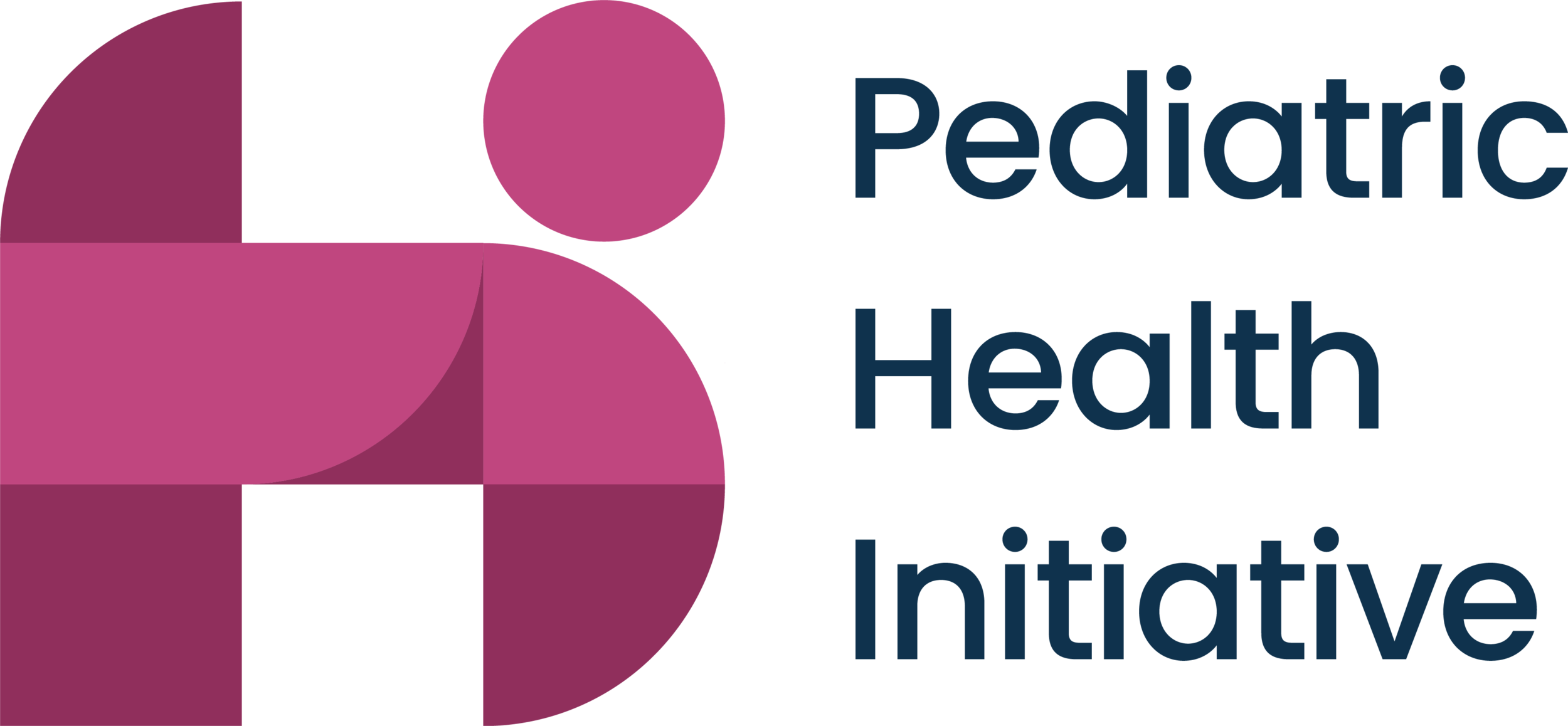Research
Studies at Muhimbili
Research and evaluation projects
Pediatric Health Initiative strives to identify specific areas of need for interventions, to ensure that our work is relevant and contributes to improvements. We can facilitate and/or support research projects with a strong link to our collaboration partners. Ideally, the project should be initiated from the collaborating hospital to ensure it is relevant and feasible. So far, we have performed two projects at Muhimbili National Referral Hospital to guide our work.
Quality of pediatric emergency care at Muhimbili National Hospital – a survey of barriers and opportunities(2017)
The objective of this study was to assess health care workers’ views on the quality of management of critically ill children and to identify the challenges facing quality management of critically ill children at Muhimbili National Hospital (MNH). The study was designed as a cross-sectional study combining ward inventory check lists, with quantitative and qualitative survey questions to health workers at MNH. Key results show that health workers were more content with the quality of care provided to critically ill children at the emergency department (ED) compared to the paediatric departments (PD). Equipment (58% ED and 87% PD), training (62% ED and 72% PD) and staffing (42%ED and 72% PD) were the main barriers to quality emergency care. Open questions revealed issues in teamwork between nurses and clinicians, where nurses frequently lacked a defined role in the management of a critically ill child. Study results suggest that improvements in the organisation of emergency equipment and drugs may facilitate emergency management of critically ill children.
Also, efforts to involve nurses in emergency management may enable them to more actively participate in the care of critically ill.
The project was performed with financial support from Life Support Foundation www.lifesupportfoundation.org
Assessment of neonatal feeding routines and adherence to guidelines for early feeding in the neonatal unit at Muhimbili Hospital (2018)
Appropriate nutrition reduces morbidity and mortality of low birth-weight infants (<2500 g) in low- and middle-income countries. The WHO has developed guidelines for feeding of these infants, but little is known of the adherence to those guidelines. In a cohort study of 155 randomly selected low birth-weight babies at Muhimbili National Hospital we investigated the feeding practices and the extent of adherence to guidelines, along with factors associated with insufficient feeding.
We found that mothers were generally well informed of feeding plans (94 %) and how to express milk (84 %). The majority (96 %) were able to feed according to the feeding plan. Alternative feeding methods (nasogastric tube and/or cup feeding) were used in 82 % of the babies and their mothers reported full access to necessary equipment. However, only 3% of babies were fed breast milk within the first six hours and 29 % of the babies were not fed breast milk until after 24 hours of age.
We found the feeding routines and information to the mothers adequate, but adherence to guidelines for early breast milk feeding is poor, with delayed feeding in 29 % of the babies. Future quality improvement work should be directed towards facilitating early breast milk feeding.

